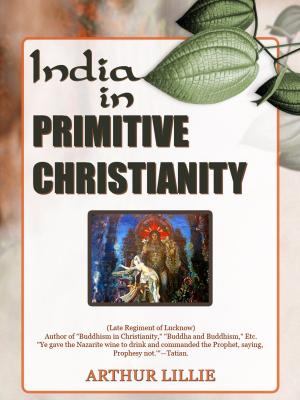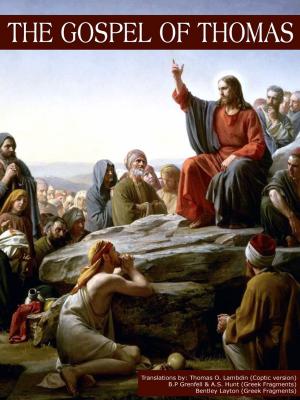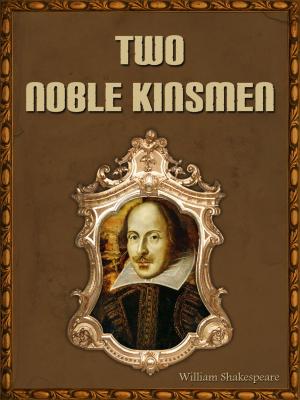Of The Liberty Of The Press
Nonfiction, Religion & Spirituality, Inspiration & Meditation, Spirituality, Fiction & Literature, Classics, Historical| Author: | David Hume | ISBN: | 1230000033178 |
| Publisher: | AppsPublisher | Publication: | November 25, 2012 |
| Imprint: | Language: | English |
| Author: | David Hume |
| ISBN: | 1230000033178 |
| Publisher: | AppsPublisher |
| Publication: | November 25, 2012 |
| Imprint: | |
| Language: | English |
Of the Liberty of the Press
by David Hume
David Hume (26 April 1711 – 25 August 1776) was a Scottish philosopher, economist, historian and a key figure in the history of Western philosophy and the Scottish Enlightenment. Hume is often grouped with John Locke, George Berkeley, and a handful of others as a British Empiricist. Hume was one of the first philosophers of the modern era to produce a thoroughly naturalistic philosophy; according to Hume, his work could do for philosophy what Isaac Newton's had done for science. Hume rejected the standard form of Enlightenment positivism, which believed in the power of Reason to determine all truths, moral, scientific, and other. Partly for this, and partly for his attacks on fundamental concepts like "causation", he has often been considered a skeptic. Instead of Reason, he believed that human nature, individual experience, emotions, inclinations, and passions as well as, crucially, habit and custom determine our ideas, beliefs, and actions. In the twentieth century, Hume has increasingly become a source of inspiration for those in political philosophy and economics as an early and subtle thinker in the liberal tradition, as well as an early innovator in the genre of the essay in his Essays Moral, Political, and Literary.
Of the Liberty of the Press
by David Hume
David Hume (26 April 1711 – 25 August 1776) was a Scottish philosopher, economist, historian and a key figure in the history of Western philosophy and the Scottish Enlightenment. Hume is often grouped with John Locke, George Berkeley, and a handful of others as a British Empiricist. Hume was one of the first philosophers of the modern era to produce a thoroughly naturalistic philosophy; according to Hume, his work could do for philosophy what Isaac Newton's had done for science. Hume rejected the standard form of Enlightenment positivism, which believed in the power of Reason to determine all truths, moral, scientific, and other. Partly for this, and partly for his attacks on fundamental concepts like "causation", he has often been considered a skeptic. Instead of Reason, he believed that human nature, individual experience, emotions, inclinations, and passions as well as, crucially, habit and custom determine our ideas, beliefs, and actions. In the twentieth century, Hume has increasingly become a source of inspiration for those in political philosophy and economics as an early and subtle thinker in the liberal tradition, as well as an early innovator in the genre of the essay in his Essays Moral, Political, and Literary.















